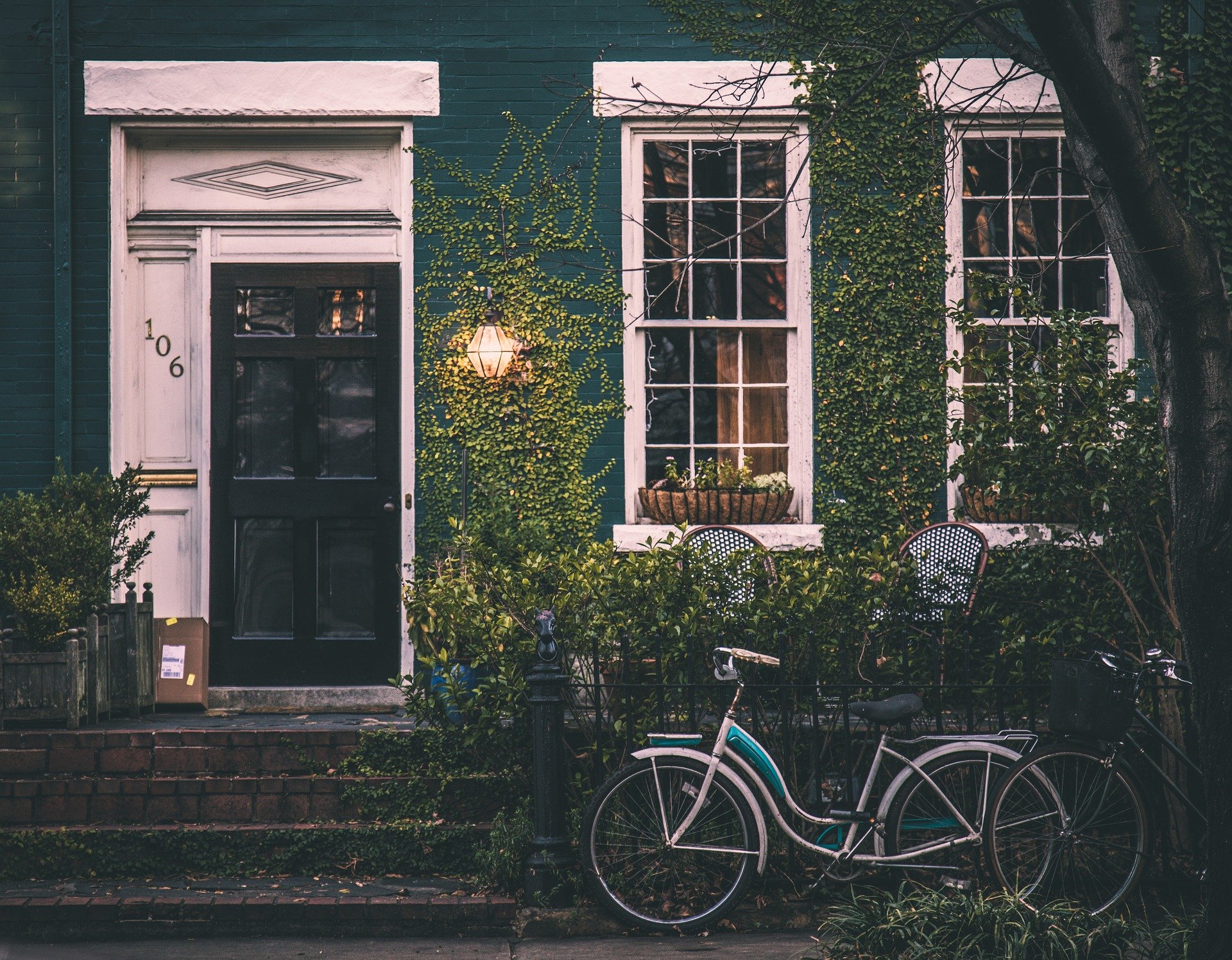Leasehold properties are still a thing unfortunately. Why unfortunately? Because 93% of respondents in a study by Propertymark said they wouldn’t buy a leasehold property again. That’s a high percentage.
Still, perhaps you’ve trawled the estate agents of West London and beyond looking for your dream home and have come to the conclusion your budget doesn’t stretch beyond a flat. While there are some freehold flats, most are leasehold, so here are some factors to consider before you get as far as exchanging contracts.
Length of lease
All leases have a length. They can be anything from under 50 years up to 999 years. Ultimately, the longer the better but you definitely want a lease with over 70 years left on it. Anything under this and, although the purchase price of the property might be lower to compensate, your mortgage company might not agree to lend on such a short lease and, even if they do, you’ll have problems selling the property in the future.
A short lease doesn’t necessarily mean you have to wave goodbye to what otherwise appears to be your perfect home though. Leases can be extended, so find out if this can be done easily, how long it can be extended for and what the cost will be.
Ground rent/service charge
It doesn’t seem right that you have to pay extra to live in your home if you’re already paying a mortgage but there you go. Ground rents and service charges vary wildly, so you need to know what they are to see if you can afford them on top of your other outgoings.
You also need to find out what your service charge goes towards – does it pay for the maintenance of the building, upkeep of the communal areas and the buildings insurance?
Another important consideration is whether the ground rent and service charge increases and, if so, by how much and how often. A small ground rent or service charge now could well become unaffordable in a few years if it increases exponentially.
Restrictions
You’d think you’d be able to do what you legally like in your own home, wouldn’t you? Not in a leasehold property. If you want to rent it out as an air b n b you’re unlikely to be able to do so and there may be a restriction on keeping pets. So, if you were hoping to run a dog-friendly air b n b, ask your conveyancing solicitors in London to check this for you.
Also, while you might be expecting a clause that doesn’t allow a business to be run from the property or a restriction on pets, it might not occur to you that you wouldn’t be able to update the bathroom or kitchen without incurring a fee. But some leases won’t let you make any updates, alterations or additions without a charge, so if you were planning on overhauling the property, again, check for restrictions on this.
Not all leases come with a huge list of restrictions, clauses and charges but if you have certain plans for your property, even if it’s something as simple as owning a cat, ensure you thoroughly check the lease before signing the contract to make sure there’s no deal breakers in there.
Whatever you decide in regards to leasehold we hope your house move goes smoothly and would like to remind you to always ask these 5 questions when you buy a new house, regardless of whether it is leasehold or freehold.

